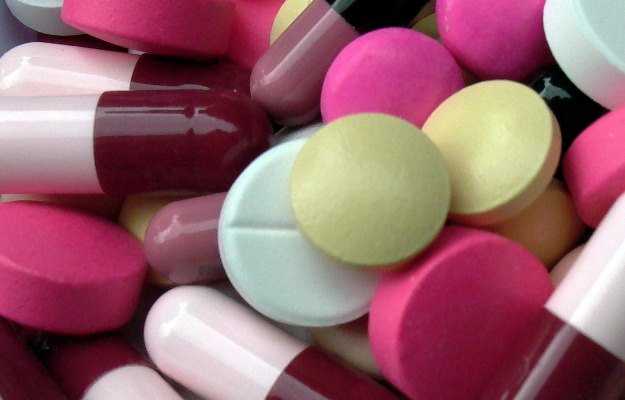What is drug abuse?
Drug abuse is a physical and psychological dependency on a drug, which compels an individual to its frequent use. Drug abuse is the most devastating problem faced by adolescents and adults all over the world. It is observed that almost all addictive drugs overstimulate the brain to produce certain neurotransmitters which give a sense of euphoria so pleasurable that the individual feels an urge to have the same drug repeatedly.
What are its main signs and symptoms?
Drug abuse is a major problem in India and can affect people irrespective of socioeconomic class. Most of the times, without even the slightest realisation, youth get attracted towards the abuse of certain prescription or non-prescription drugs or an illicit substance. The symptoms of drug abuse can be categorised as physical, behavioural and biological.
Physical symptoms:
- Oversleeping or deprived sleep
- Reddened eyes
- Dilated or constricted pupils
- Sudden changes in body weight
- Vomiting
- Loss of appetite
Behavioural symptoms: Drug abuse can alter certain habits and behaviours. Being able to identify the following symptoms can help avoid the condition from worsening.
- Changes in social network
- Depression
- Aggressive behaviour
- Increased irritability
- Tendency to be alone
- Shunning family and social gatherings
Biological symptoms: Drug abuse can adversely affect your organs. The following complications can result due to drug abuse:
- Liver cirrhosis
- Hepatitis
- HIV infection
- Tuberculosis
- Oral health problems
What are the main causes?
According to the National Institute of Drug Abuse, drugs of abuse include anabolic steroids, over-the-counter medicines, heroin, methamphetamine and many more. The causes of drug abuse can be emotional or social. Let’s look at some of the factors that lead to drug abuse:
- Being in the company of people who encourage drug abuse
- Having a sibling or family member already addicted to drugs
- Abusing substances at a young age
- Loneliness and depression
- Lack of parental supervision or difficult family situations
How is it diagnosed and treated?
Addiction to certain substances can be primarily diagnosed by the person’s symptoms. A thorough investigation will include the following tests:
- Answers to a questionnaire by the physician
- Blood tests
- Urine examination
Drug abuse is a completely treatable condition. Properly chalked out rehabilitation programmes can greatly help the patient. The two pillars of drug abuse treatment are counselling and medication. Treatment with medicines along with counselling by psychiatrists and psychologists can work wonders. The medications commonly used to treat drug abuse include:
- Antidepressants
- Antipsychotics
- Antidote for alcohol
- Anti-opioids in opioid abuse
Certain changes in lifestyle like yoga and meditation on a regular basis can also help in gaining peace of mind and easing the path to recovery. Although overcoming drug abuse is a lengthy process, it is completely possible to resume a normal, healthy life. Regular follow-ups and strict adherence to the treatment schedule can help you recover completely. Unconditional support from family and friends is extremely important for the abuser to overcome the habit.
















